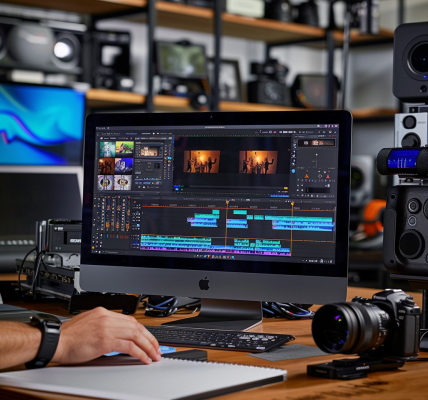Fitbit enthusiasts in the UK are on the brink of experiencing significant updates, albeit with some delays. Since its acquisition by Google in 2021, Fitbit has been actively innovating its range of fitness trackers while also enhancing its companion app available for both iPhone and Android users. However, not all changes have been met with enthusiasm, as some devoted users express dissatisfaction over the removal of beloved features.
Among the most notable changes is the elimination of competitive leaderboards, a feature that allowed users to challenge and compare their step counts with friends and other Fitbit users. Additionally, it seems that the Versa 4 and Sense 2 may mark the end of the line for Fitbit-branded smartwatches, raising concerns among loyal customers about the future of the brand.
Despite these setbacks, Google has reassured users of its commitment to the Fitbit brand. The recent launch of the Charge 6 tracker has been well-received, being described as one of the best slim wearables currently available on the market. Furthermore, a recent update to the Fitbit app has democratized access to the daily readiness score, previously available only through the Fitbit Premium subscription, which costs £7.99 per month.
As part of its ongoing evolution, Fitbit is gradually rolling out new features in its app. In line with the latest technological advancements, the company has introduced a feature that utilizes artificial intelligence. This innovative tool, known as Fitbit Labs, is currently being tested among select users. According to reports from 9to5Google, Fitbit Labs harnesses the capabilities of Google’s Gemini AI chatbot to analyze health and fitness data collected by users’ Fitbit devices.
The specific feature within Fitbit Labs, called ‘insights explorer,’ enables users to type in questions and receive insights based on their fitness data. However, access to this feature is limited to a select group of Fitbit users who meet specific criteria:
- Must have an active Fitbit Premium subscription.
- Must use the Fitbit app on an Android device.
- Must reside in the United States and use the app in English.
- Must be at least 18 years old.
- Must sign in to the Fitbit app using a Google Account.
Currently, the rollout of the insights explorer is random, meaning that users cannot opt-in but must wait for the opportunity to be selected as part of the testing phase. This strategy allows Google to gather valuable feedback as it refines this new feature.
As Fitbit continues to navigate its new chapter under Google’s ownership, users are hopeful for further enhancements that will restore the beloved features and functionalities that have made Fitbit a staple in the fitness tracking market. The integration of AI into health and fitness tracking represents a significant leap forward, promising to provide users with personalized insights that could enhance their fitness journeys.
Overall, while some changes have caused frustration among Fitbit users, the introduction of advanced features and a commitment to innovation indicates that the brand is still very much alive and evolving. As the tech landscape continues to change, Fitbit’s ability to adapt and integrate new technologies will be crucial in maintaining its relevance in the competitive fitness tracker market.





